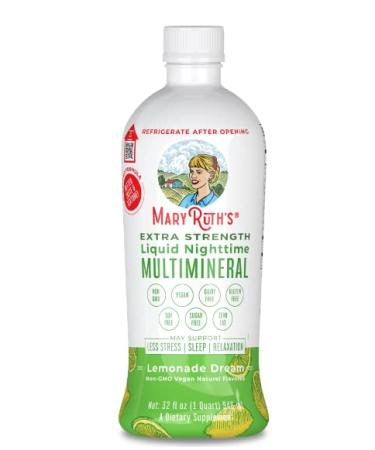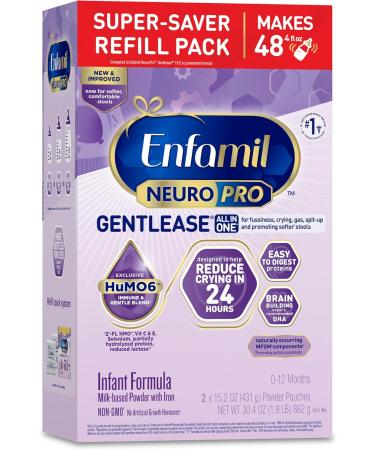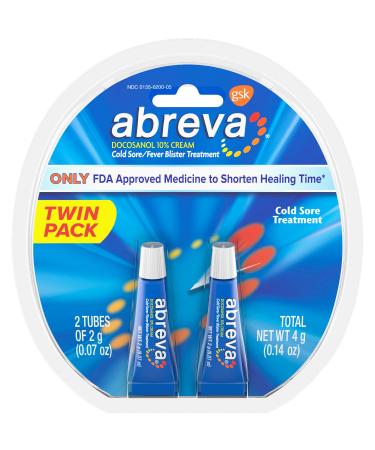Peanuts (Arachis hypogaea) are a legume that originated in South America. They go by a variety of names, such as groundnuts, earthnuts, and goobers. Despite their name, peanuts are unrelated to tree nuts. As a legume, they're related to beans, lentils, and soy. In the United States, India peanuts are rarely eaten raw. Instead, they are most often consumed roasted . Other peanut products include peanut oil, flour, and protein. These goods are used in a variety of foods, such as desserts, cakes, confectionery, snacks, and sauces. Peanuts are rich in protein, fat, and various healthy nutrients. Studies show that peanuts may even be useful for weight loss and are linked to a reduced risk of heart disease. Peanut proteins Peanuts are a good source of protein. The protein content ranges from 22–30 of its total calories, making peanuts a great source of plant-based protein . The most abundant proteins in peanuts, arachin and conarachin, can be severely allergenic to some people, causing life-threatening reactions Vitamins and minerals Peanuts are an excellent source of various vitamins and minerals. Biotin. Peanuts are one of the richest dietary sources of biotin, which is important during pregnancy . Copper. A dietary trace mineral, copper is often low in the Western diet. Deficiency may have adverse effects on heart health. Niacin. Also known as vitamin B3, niacin has various important functions in your body. It has been linked to a reduced risk of heart disease . Folate. Also known as vitamin B9 or folic acid, folate has many essential functions and is especially important during pregnancy . Manganese. A trace element, manganese is found in drinking water and most foods. Vitamin E. A powerful antioxidant, this vitamin is often found in high amounts in fatty foods. Thiamine. One of the B vitamins, thiamine is also known as vitamin B1. It helps your body's cells convert carbs into energy and is essential for the function of your heart, muscles, and nervouVitamin E: Vitamin E is a dietary antioxidant that helps to protect cells from oxidative stress, a normal, yet damaging, physiological process. Magnesium: Magnesium is important for muscle function including the heart, enzyme function and energy production.













